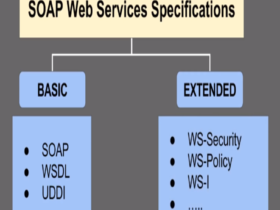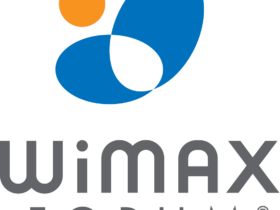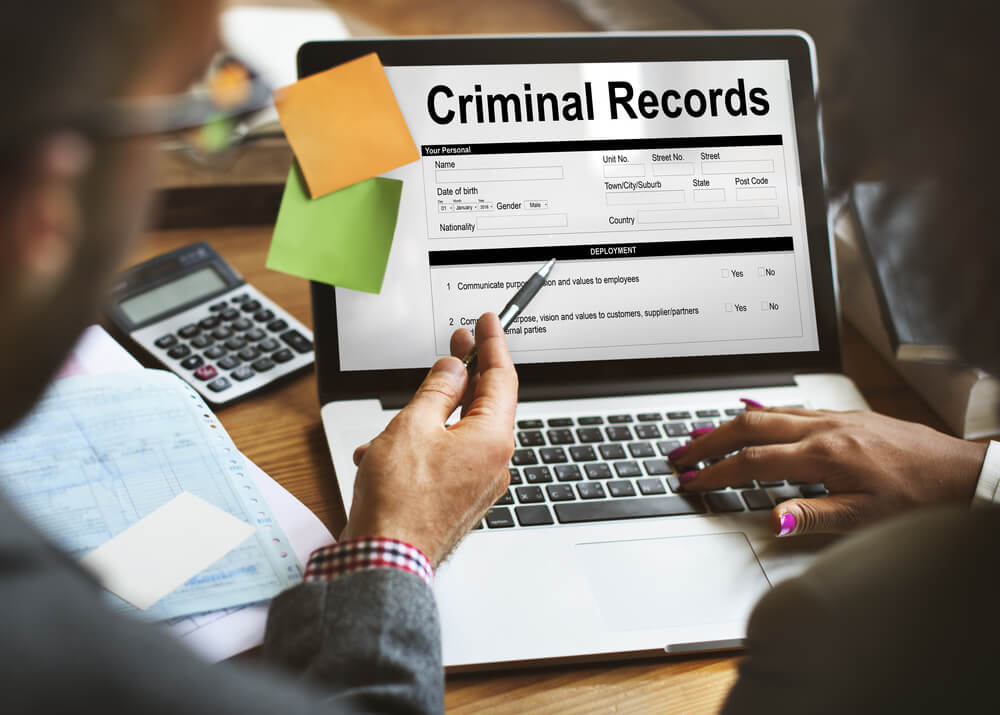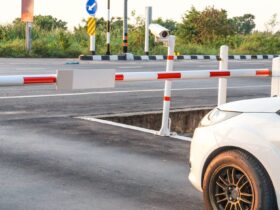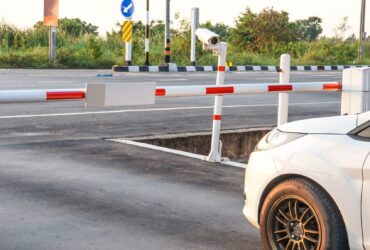There are 3 kinds of criminal checks across the UK i.e., Basic, Standard and Enhanced. They need to be cleared before an individual gets employment or undertakes a voluntary position anywhere within the country. While it is not necessary for every job, most employers are now asking for these checks.
Transparent Process
When a vacancy is advertised it has to be mandatorily mentioned if any check is needed. An organisation or employer cannot put in a request from a check after the individual has applied. This is done to make the process transparent both for the prospective employee and the employer. Every criminal record check has to comply with the ROA (Rehabilitation of Offenders Act) which prevents discrimination on the part of employers based on any prior spent convictions.
As of 2012, all criminal records are held in a centralised database of the PNC (Police National Computer) with checks done by a department of the Home Office. In Scotland, it is done by Disclosure Scotland and in Northern Ireland by Access NI. In England & Wales, the DBS does the checks. The checks are subject to the location for which the job is advertised but for the issuance of the DBS Certificate, the PNC database is used.
Origin of DBS checks
Earlier criminal records were typed or written and maintained by individual police stations. It was the CRB (criminal records bureau) that undertook the onus of centralising records so that they were available nationwide and not limited to a specific jurisdiction. It was replaced by DBS in 2012, but because of CRBs unparalleled success, it still is commonly known as CRB checks. The DBS was formed with the CRB merging with the ISA to add a measure of protection to public records searches.
Basic Disclosure
The easiest and most common DBS check is the Basic check without any legal restrictions. Any individual in the UK, 16 years or above can apply for a check once they provide the minimum identification and address requirements. It can be done online by registering an account with the DBS. While only the individual has the right to request it may be done on behalf of a prospective employer. This is as long as the individual making the request provides documentary proof of the requirement for the position or vacancy.
Standard Checks
The major difference between a standard and a basic check is the former has to be requested by the employer or organisation. This could be done by the employer or a responsible organisation (RO). The RO is registered with the DBS with more than 100 checks done annually. Every check must meet the ROA guidelines. Standard checks are much more detailed and feature earlier convictions (spent or not), final warnings, reprimands and police cautions.
Enhanced Checks
Enhanced DBS checks are also called Enhanced CRB Check and have many similarities to standard checks. They strictly follow the ROA guidelines and are suited for jobs that feature Regulated Activity. That means any job that entails coming in contact with a specified group of vulnerable adults or children. Despite the definition, it can even apply to jobs that may not seem to fit the description like that of a cab driver. The reason is that the driver may be alone in the vehicle with vulnerable individuals. Enhanced checks can further include the disclosure of the adults’ and children’s barred lists. That means any job that is considered to come under the purview of the regulated activity list, must undergo an enhanced DBS check that includes checking the barred list of individuals for enhanced security purposes.


